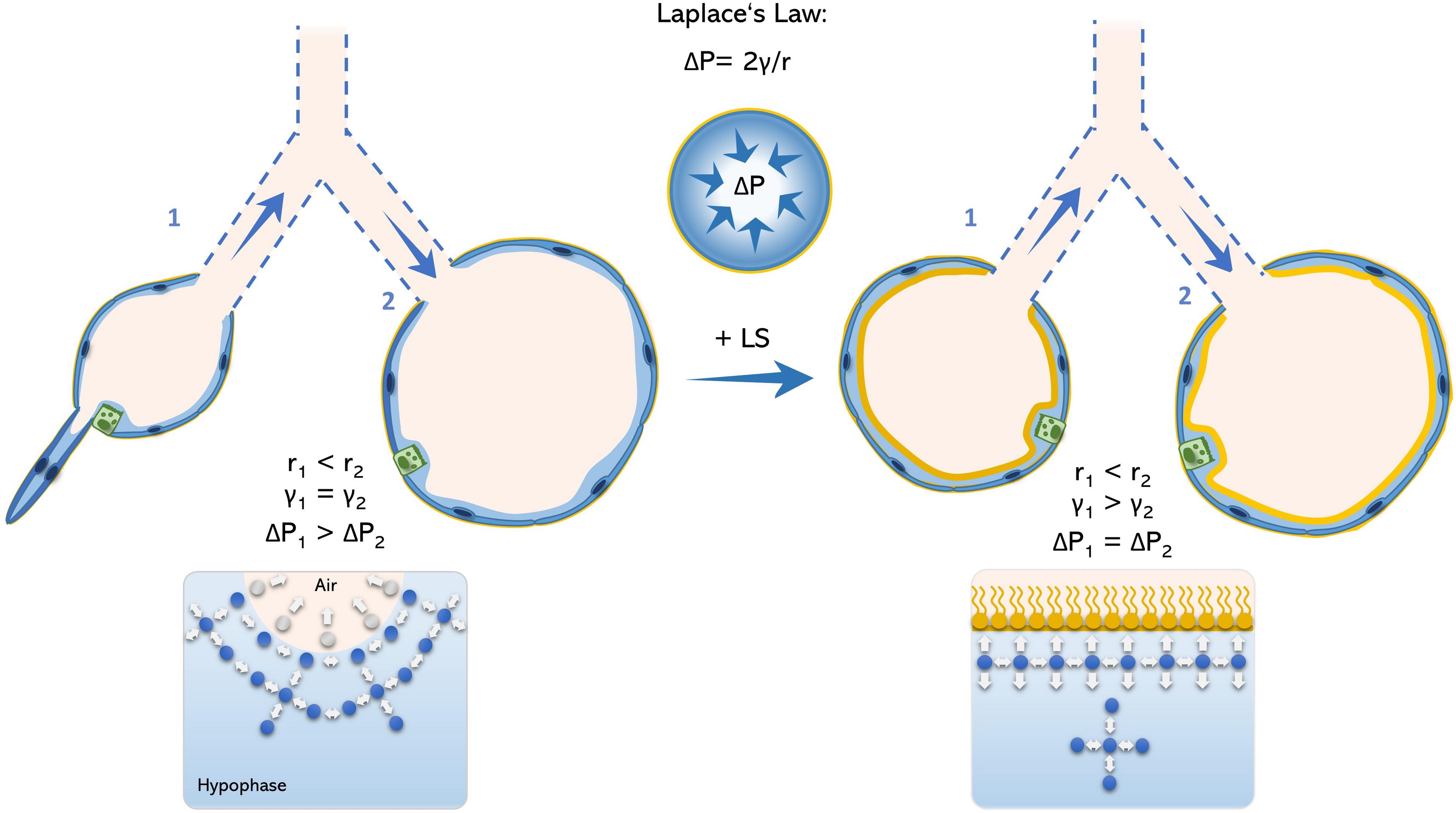Laughing not only increases your lung capacity but also forces stale air out of the lungs so more fresh air can enter. Damaged lungs can repair themselves Researchers have found that lung tissue of patients who suffered severely from Covid-19 shows good recovery in three months in.
 Best Healthy Lungs Food 13 Foods Good For Lungs And Breathing
Best Healthy Lungs Food 13 Foods Good For Lungs And Breathing
They also help to prevent the development of different lung diseases.

What helps lungs. Furthermore it will increase energy and reduce stress. Exercise helps loosen mucus build-up and aids cilia in pushing mucus up and out of the lungs. Pour 1 cup boiling water over 3-4 tablespoons of dried plantain herb or ¼ cup fresh leaves.
Dark Berries berries such as blackberries blueberries and raspberries are rich in antioxidants. Any activity that works the abdominal muscles also works the lungs. 14 Foods for Healthy Lungs and Help You Breathe Better 1.
If youre like many people you take shallow breaths from your chest area using only a small portion of your lungs. Exercise is incredibly important to keep your lungs strong and healthy or to repair them from damage done by asthma or smoking for example. They help to reduce the risk of lung cancer as well as other infections and diseases.
In fact a study published in The Journal of Nutrition looked at the link between green tea. People with lung conditions. Deep breathing can help improve lung capacity by delivering more nourishing oxygen to your body.
Getting enough water is as important for the lungs as it is for the rest of the body. Deep breathing helps clear the lungs and creates a full oxygen exchange. If your lungs have been affected by carcinogens grapefruit.
One way to improve your lung health and help prevent disorders that block your lungs is to. If you have lung disease you can use at-home exercises to help prevent and decrease mucus build-up in your lungs. Lentils are high in many nutrients that help support lung function including magnesium iron copper and potassium.
Both laughing and singing do just that. These simple techniques should be done regularly for preventionbefore excessive mucus accumulates. Grapefruit this fruit is simply great as it contains a lot of lungs supporting minerals and vitamins.
Healthy lifestyle habits such as physical activity and not smoking can help prevent lung injury and disease. Good news for Covid-19 survivers. The Mediterranean diet which has been associated with promoting lung.
This will strengthen your lungs clear the airways and cleanse them. Explore this Health Topic to learn more about how the lungs work our role in research and clinical trials and where to find more information. Staying well hydrated by taking in fluids throughout the day helps keep the mucosal linings in the lungs thin Ryan says.
Tips to Strengthen your Lungs Practice deep breathing. Green tea due to polyphenols compounds that boost the immune system has anti-inflammatory properties that may help reduce inflammation in the lungs. Likewise singing works the diaphragm muscle which also helps increase lung capacity.
It will also boost your stamina and reduce stress and anxiety. Water plays a huge role in health and is the base of any cleansing action. Another way to strengthen your lungs and keep them fit and healthy is to exercise regularly.
These pungent foods are great for the heart and thus the lungs too. Plus plantain also supports the immune system which is great if youre fighting off an infection. Pure clean water is essential to.
Steam therapy or steam inhalation involves inhaling water vapor to open the airways and help the lungs drain mucus. Since you can find the herb in your backyard this is one of the most convenient home remedies for lung congestion. To breathe we use the muscle of the diaphragm the intercostal muscles between the ribs the muscles of.
This thinner lining helps the lungs function better. Deep breathing encourages full oxygen exchange which helps strengthen your lungs clear the airways and cleanse them. Help is required from structures outside of the lungs in order to breathe properly.

